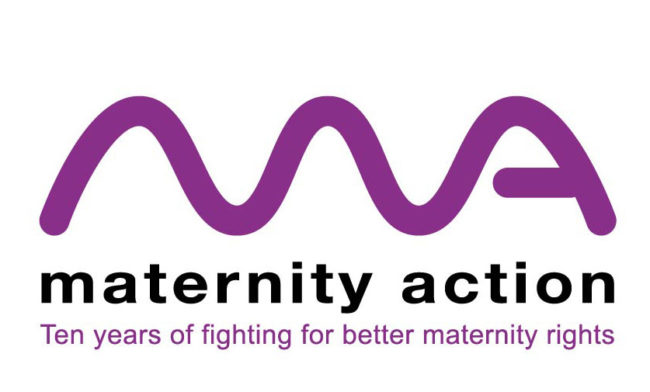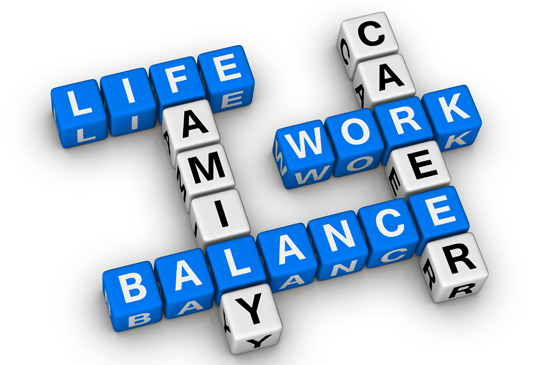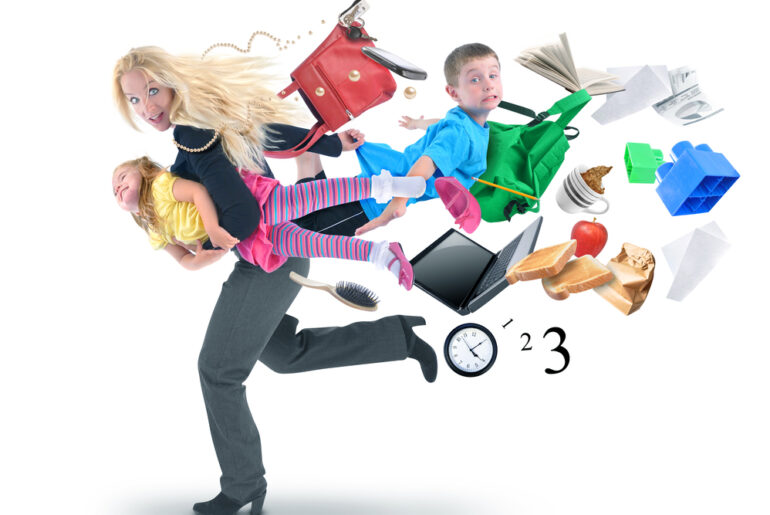MMM’s associate member maternity action campaigns for reform of the uk parental leave scheme
20.02.21
In April 2015 the Shared Parental Leave Scheme came into force in the United Kingdom. The new scheme still required that new mothers take the first two weeks of maternity leave. But now they could exchange their maternity leave for a Shared Parental Leave, and transfer up to 50 weeks of that leave (up to 37 weeks of it paid) to the father or other parent.

Five years on it has become clear that the scheme has failed and was flawed from the start. As predicted by Trade Unions and other organisations, many  new parents didn’t qualify for Shared Parental Leave. Moreover, employers complained about the complexity of the regulations, and new mothers understandably preferred to to be the ones to benefit from the scheme, which left fathers with a badly paid paternity leave.
new parents didn’t qualify for Shared Parental Leave. Moreover, employers complained about the complexity of the regulations, and new mothers understandably preferred to to be the ones to benefit from the scheme, which left fathers with a badly paid paternity leave.
Our member association Maternity Action[1], has come up with a concrete proposal, as part of a campaign to reform the Shared Parental Leave scheme.
They have developed a model for a new, simple and more equitable system of maternity, birth and parental leave, which will cover the first 18 months of a child’s life. This model has a “simple 6+6+6 structure: six months of paid maternity leave reserved for the mother, and six months of paid parental leave for each parent. This parental leave could be taken together or separately, giving a combined maximum of 18 months of paid leave. And, new fathers would get two weeks of non-transferable paternity leave, available to be taken at or soon after the time of birth, since pregnancy and childbirth is not an equal endeavour on the part of the two parents”.
This system, says Maternity Action, “preserves the existing entitlements of mothers (rather generous in the UK[2]), while enhancing those of fathers, so as to encourage and support more equal parenting; it must be based on individual, non-transferable (‘use it or lose it’) rights for each parent; and – crucially – all leave must be paid at a decent and equitable level”.
Maternity Action’s proposal emphasises that the “most successful approaches in other countries – such as those in Sweden, Norway and Iceland – are based on individual, non-transferable rights for each parent, and on all leave being moderately well paid”.
The EU Work-Life Balance Directive, adopted on April 2019,[3]aims at modernizing the existing EU legal framework in the area of family-related leaves and flexible working arrangements. The legislation means that parents and carers will be able to better reconcile their professional and private lives. The Member States have until August 2022 to adopt laws, regulations and administrative provisions necessary to comply with the directive.
The directive sets a number of minimum standards at EU level for parental, paternity and carer’s leaves, and the right to request flexible working arrangements (telework, flexible schedules and reduction of working time).

This directive, though it represents a step forward in aligning work-life structures with family responsibilities, supports the right to make choices and reacts to the real needs of working parents, unfortunately only sets minimum standards to which Member States across the EU must act generously.
Social actors need to attentively monitor, influence and assess the implementation of the directive and remind national governments to do more and go beyond those minimum settings to really ensure parents have the right to choice and flexibility.
MMM regrets that the Work – Life Balance Directive does not refer to a European payment threshold (e.g. like sick leave level for paternity leave). The introduction of adequate minimum standards of income replacement and non-transferability are essential measures to promote men’s uptake of leaves. Flexibility is what families want and need. It is now up to Member States to provide adequate payment of parental leave to encourage workers to actually take those leaves.
With the UK example in mind, MMM calls again on EU Member States and employers to support parents in their essential task of caring for their children and dependent adults.
The pandemic has given all governments an opportunity to take stock of what really matters and implement measures which reflect that. That will require courage and imagination. But it is a matter of priorities.
Maternity Action Briefing Paper:” An-equal-endeavour”![]()
[1] Shared Parental Leave: robbing Petra to pay Paul
[2] https://www.gov.uk/maternity-pay-leave/leave
[3] https://data.consilium.europa.eu/doc/document/PE-20-2019-INIT/en/pdf
Time Poverty and the Motherhood Penalty
Unveiling Economic and Social Injustices
09.07.24
Mothers play an essential role in families by ensuring their loved ones are nourished, educated, and healthy, but their unpaid care work often leads to economic and social injustices, known
Envisioning care as a common thread to global crises
29.07.24
UN New York - Our virtual HLPF side-event brought together experts to shed light on how the various global crises we face (in particular climate change and other environmental crises,
We call for multi-stakeholder approach to recognise and support unpaid care work
21.07.24
UN New York - Participating in the meeting of the UN Economic and Social Council (ECOSOC) on care and support systems, MMM reaffirmed the principle of co-responsibility, which should underpin








